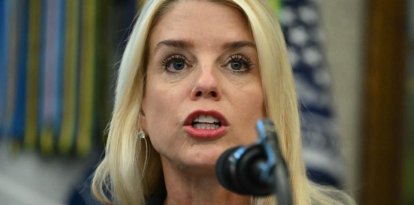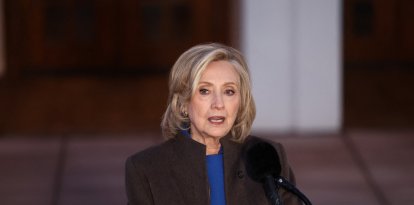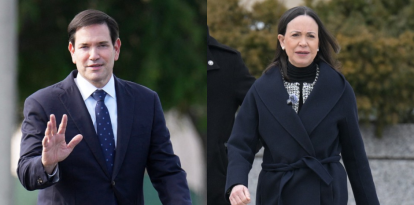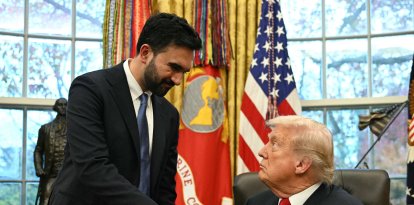Ron DeSantis' electoral history: 5 wins 0 losses
The Florida governor enters the Republican primary without having lost an election contest in his political career. Of course, he hopes to keep his winning streak alive going forward.
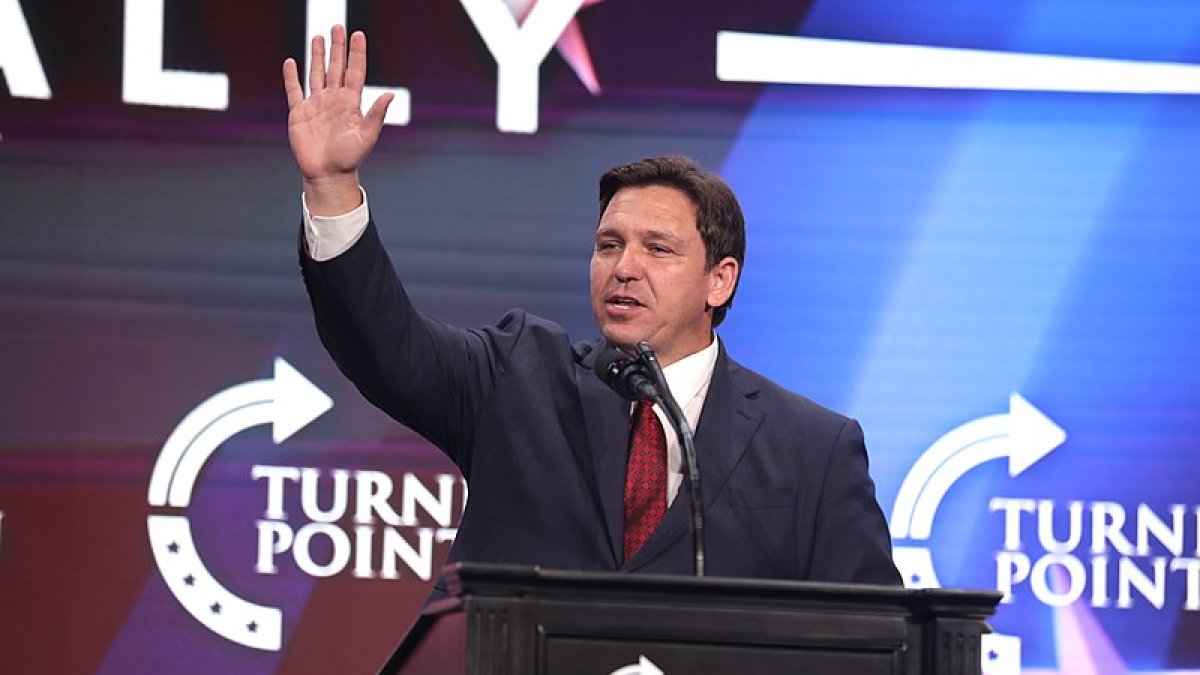
Ron DeSantis/Wikimedia Commons
Ron DeSantis has officially announced that he will run in the next presidential election. The Florida governor has already filed paperwork with the Federal Election Commission and launched his first campaign ad for what is expected to be an exciting primary. The candidate entered the race without having lost a single election in his political career.
After formalizing his intentions in a Twitter Space alongside Elon Musk, DeSantis stopped by Fox News to conduct his first interview as an official candidate. In a dialogue with his former congressional colleague, Trey Gowdy, he assured that his administration would have three clear priorities: solving illegal immigration at the border, reversing Biden's energy policy and restructuring the federal government.
Wearing a black blazer with a blue tie, he starred in his first campaign ad in which he pledged to "lead our Great American Comeback."
DeSantis began his political career in 2012 when he was first elected to Congress. Since then, he has competed in four other elections and won each of them, a streak he does not intend to break in the 2024 presidential elections.
DeSantis is undefeated at the polls
In his autobiography, "The Courage to Be Free: Florida's Blueprint for America's Revival," DeSantis confesses that he never thought of getting involved in politics but felt compelled because "the country was moving in the wrong direction, especially under the Obama administration's leftist agenda."
2012
Once he decided to target a House of Representatives seat, he embarked on a bottom-up campaign with his wife, Casey. To increase his name recognition, he stopped by dozens of restaurants, Republican headquarters and many homes.
"It was exhausting but a lot of fun. It was also effective: when the primary results came in, we won about 40 percent of the vote in the seven-way race, winning by more than 15 percent. We would go on to win the November general election by a similar margin [...] To this day, I have people coming up to me and saying that they remember either Casey or me knocking on their door. I do not believe I could have won the primary as convincingly as I did had it not been for our door-knocking efforts," he recalled in his book.
DeSantis won the general election with 57.3% of the vote, leaving behind Democrat Heather Beaven. He represented Florida's sixth congressional district until 2019, when he became governor.
2014
Before becoming governor, he had to undergo two reelections as House Representative. The most comfortable was in 2014 when he faced no opposition in the primaries and increased his margin of victory in the generals, reaching 62.5% of the vote.
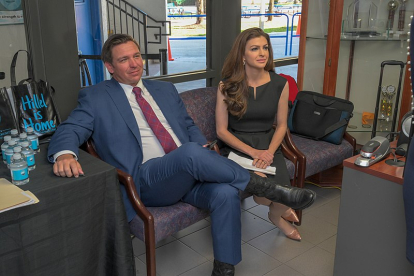
2016
Two years later, he toyed with running for the Senate and formalized his candidacy, taking advantage of Marco Rubio's immersion in presidential politics. However, once the senator dropped out of the race for the White House and announced he would seek to renew his Senate seat, DeSantis stepped aside and opted for another reelection bid for the House.
He faced an easy challenge in the primaries and only slightly decreased his vote share in the general election, 58.6%, to his Democratic challenger's 41.4%.
2018
DeSantis sought the state governorship in 2018 and started by running behind Adam Putnam, then commissioner of Agriculture. He reversed the trend after Donald Trump's official endorsement, something the former president won't let him forget. Once through the primaries, where he won 56.5% of the votes among eight candidates, his opponent for the general election would be Andrew Gillum, mayor of Tallahassee.
Most polls were within the margin of error, although they placed the Democrat ahead of the Republican. "This was the first Election Day I had in my short time in politics where I didn't know for sure if I was going to win." DeSantis acknowledged in his autobiography, although things began to look positive once the results started to come in.
"Republicans seemed to be hitting the numbers that we needed to overcome the Democrats' early vote advantage. By the time the polls closed, I expected to win, but all I could do was sit and wait," he added.
Indeed, DeSantis finished first with 49.6%, with Gillum just behind with 49.2%. Only 32,463 votes separated them out of more than 8 million. After a recount, the Democrat conceded the race ten days later, and the Republican took office in January 2019.
Electorally speaking, 2018 was a blue year, although Florida managed to withstand the onslaught and elect Republicans to both the governor's seat and the Senate.
2022
This election was undoubtedly the springboard that propelled him to the 2024 presidential election. DeSantis transformed a purple state into deep red after defeating Charlie Crist by nearly 20 percentage points, 59.4% to 40%. He achieved a more significant difference than Gavin Newsom in California, Gretchen Whitmer in Michigan, and Josh Shapiro in Pennsylvania.
Crist's performance was the worst for a Democratic candidate in the state since 1916. In addition, the Republican won among Latinos and won Miami-Dade County, a historic Democratic stronghold, by 11 points over Crist.
















